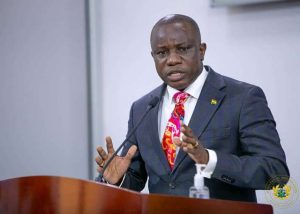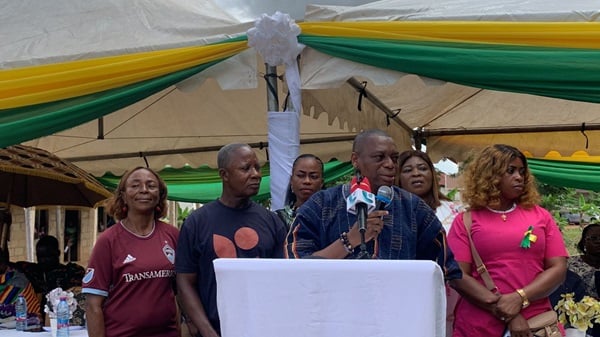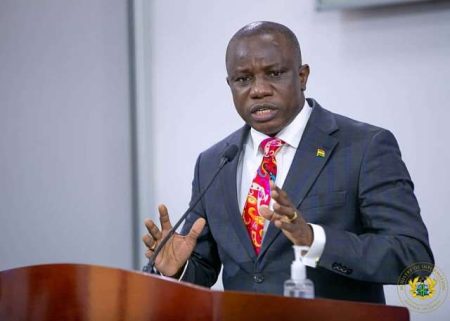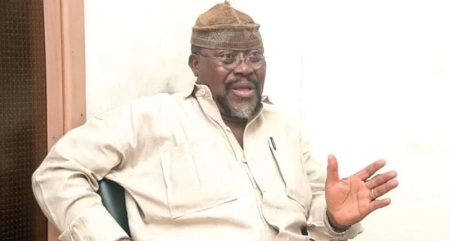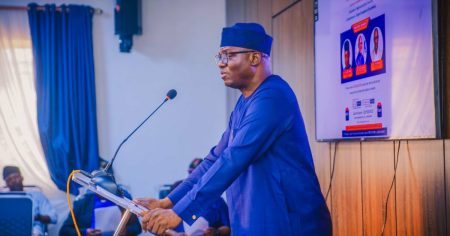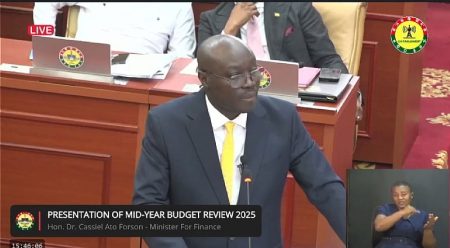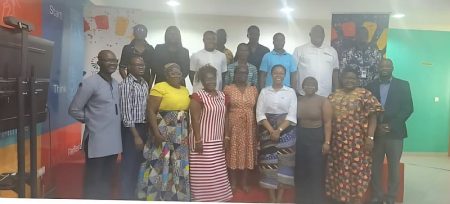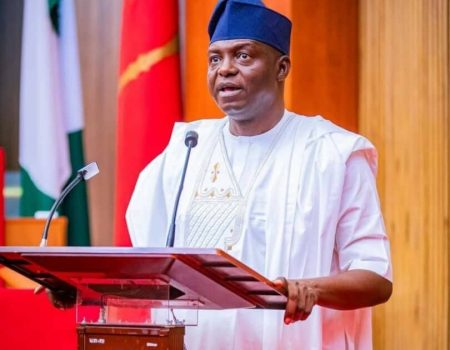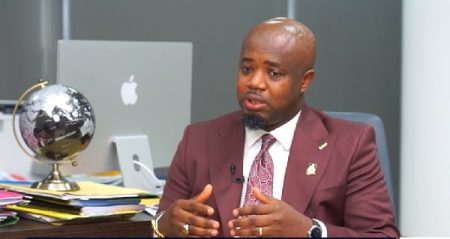The recent declaration by former President John Dramani Mahama to establish July 1st as a National Day of Prayer has ignited a debate in Ghana, raising concerns about its potential impact on national productivity amidst prevailing economic challenges. While the intention behind the initiative – to foster divine intervention and national unity – is laudable, the decision to designate a separate working day for prayer, just prior to an existing public holiday (Founder’s Day on July 4th), has drawn criticism, particularly from Professor Kingsley Nyarko, Member of Parliament for Kwadaso. Professor Nyarko argues that the proximity of the two observances could negatively affect economic output by effectively creating an extended holiday period.
Professor Nyarko’s primary contention centers on the economic implications of dedicating a working day solely to prayer, especially in the context of Ghana’s struggling economy. He acknowledges the value of prayer and the positive intentions behind the declaration, but questions the practicality of observing it on a separate workday so close to Founder’s Day. He suggests that combining the National Day of Prayer with the existing Founder’s Day holiday would have been a more prudent approach, both economically and symbolically. This would have allowed for a dedicated period of prayer and reflection without the perceived loss of a productive workday.
The core of Professor Nyarko’s argument lies in the potential for lost productivity. He emphasizes that dedicating an additional day to prayer, separate from an existing holiday, could create a precedent for further disruptions to the working calendar, ultimately hindering national output and delaying crucial activities in both the public and private sectors. In a nation grappling with economic challenges, he posits that every working day is valuable and should be maximized for productive endeavors. The concern is not with the act of prayer itself, but rather with the chosen timing and its potential to exacerbate existing economic vulnerabilities.
The decision to declare July 1st as a National Day of Prayer also intersects with the recent reinstatement of Republic Day and Founder’s Day as national holidays. While this restoration has garnered widespread support, particularly from the Convention People’s Party and Nkrumahist groups, the addition of another day of observance so close to Founder’s Day has amplified concerns about the cumulative effect on productivity. The debate highlights the tension between the desire for national unity and spiritual reflection, and the practical considerations of maintaining a robust and productive economy.
Professor Nyarko’s critique underscores the importance of carefully considering the economic implications of national holidays and observances. He advocates for a more strategic approach that balances the need for national reflection and unity with the imperative to maximize productivity and economic growth. His suggestion to combine the National Day of Prayer with Founder’s Day offers a potential solution that could address both spiritual and economic concerns. This approach would allow for a dedicated time for prayer and reflection without the perceived economic disruption of a separate working day observance.
The debate surrounding the National Day of Prayer highlights the complex considerations involved in balancing national values, economic realities, and the symbolic importance of holidays. While acknowledging the positive intentions behind the declaration, Professor Nyarko’s concerns raise important questions about the practical implementation and potential economic consequences. The discussion underscores the need for a balanced and strategic approach to national observances that respects both the spiritual and economic well-being of the nation. Finding a solution that allows for both prayerful reflection and productive work remains a key challenge for policymakers in Ghana.


